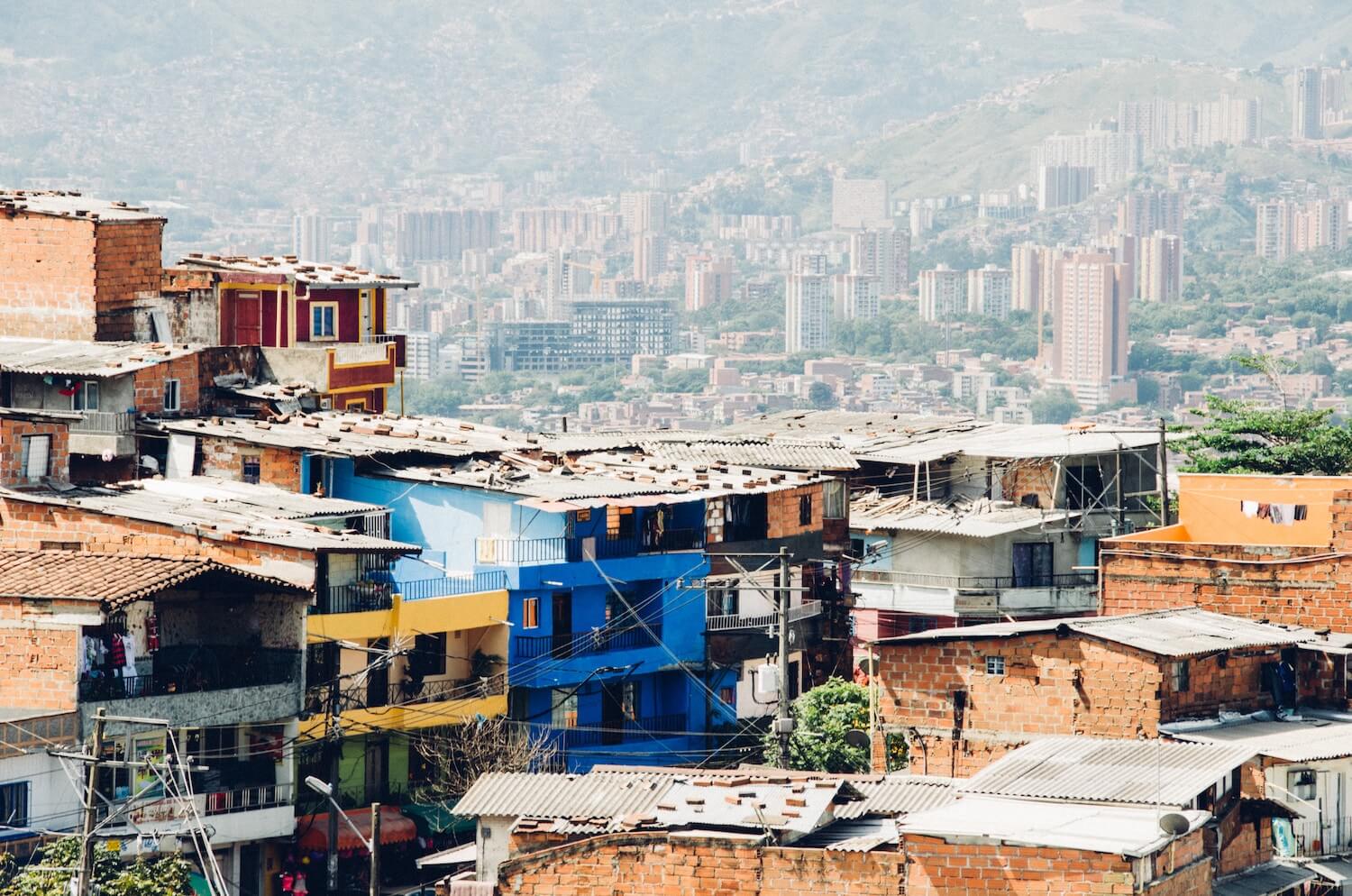ImpactAlpha, September 23 – Entrants in Solve’s latest challenge are offering solutions to promote the circular economy, community-driven innovation, early childhood development, and healthy cities.
Finalists include Mylea, a company making textiles from food waste; Elpis Solar, which is bringing solar-powered services to refugee communities; citizen journalism app Supercívicos; and environmental metrics trackers Blue Sky Analytics.
Nearly 1,400 innovators responded to Solve’s call for applications. MIT launched the Solve initiative in 2015 to crowdsource solutions to major global issues and has brokered $12 million in grants and investments to 99 teams. This year, it launched a venture fund to provide additional support. “We continue to hear that financing is the biggest constraint,” Solve’s Casey van der Stricht told ImpactAlpha.
The Solve Innovation Future fund, a donor advised fund, has raised $3.5 million towards a $30 million goal, and will make debt and equity investments of up to $200,000, using a standard set of terms to keep underwriting costs low.
- By the numbers. The annual competition has supported innovators from 32 countries addressing the future of work, brain health, indigenous communities, sustainable cities, and more. More than half—52%—are women-led teams.
- More than money. MIT’s Solve mentor and support network includes Laurene Powell Jobs, VEON CEO and former Xerox chairwoman Ursula Burns, and iRobot founder Colin Angle.
- Peer support. “We want to lean into the peer-to-peer support and Solver-to-Solver partnerships that are emerging,” says Solve’s Alex Amouyel. For example: Solve’s Indigenous Communities fellows have added Diné and Lakota language content to India-based Solver Purvi Shah’s open-access local-language children’s library, Storyweaver.











